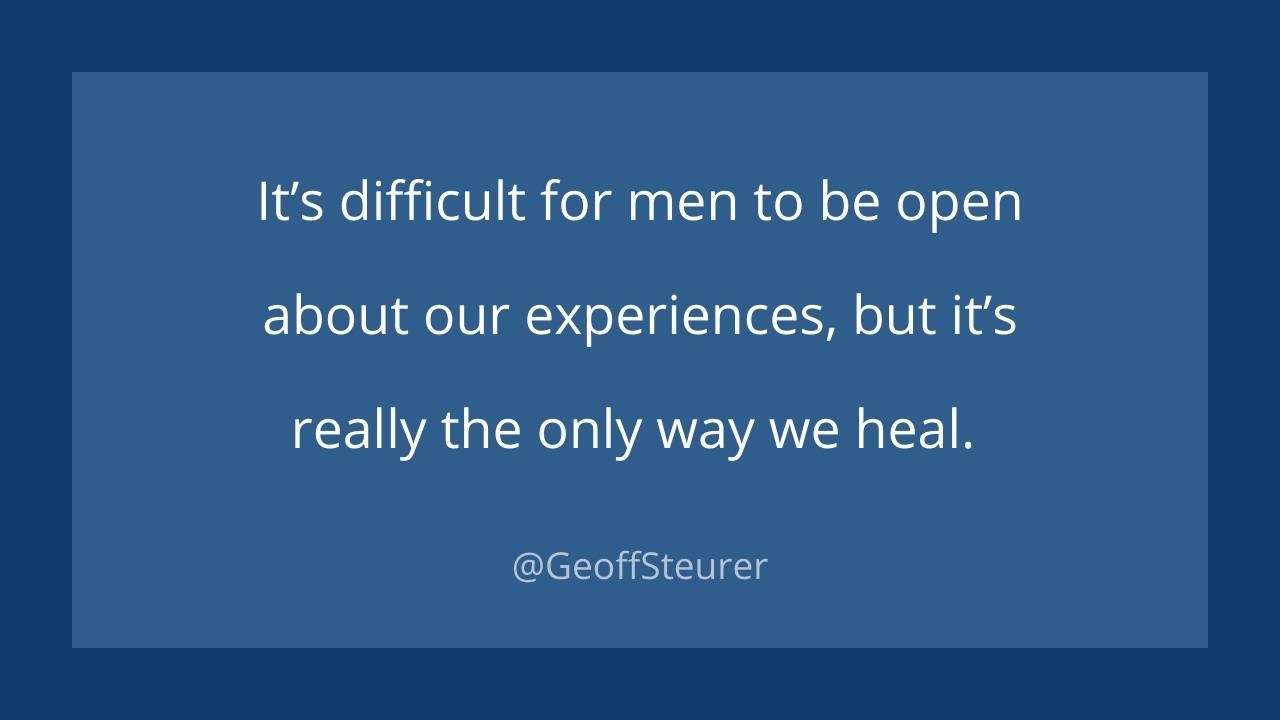Q&A with Geoff: How can I help my depressed husband get help?
Feb 23, 2022
Question
I believe my husband is depressed even though he won’t admit it. He admits to feeling different but not to the fact that this is a recurring thing. We’ve been struggling a lot. I’ve done my research best that I can on how to support him through this. We have a couples counseling session coming up, but as of tonight, I don’t know if we’ll make it.
He doesn’t want to go. I’m exhausted and at my wit’s end as to what I can do. He says he loves me and that he doesn’t want to make me unhappy and that I’d be better off without him. I do my best to counter that and affirm my love and support for him but it’s like talking to a brick wall sometimes. He has also started drinking alcohol when he’s with his friends.
He is a police officer and I know he deals with a lot of horrible things and has to work overtime. I don’t know what else to do and I fear that our marriage is over, and I fear he’ll never get the help he needs.
FREE: 3 Steps to End Your Marriage Argument
Download my free PDF guide and start making real progress to healing
We hate SPAM. We will never sell your information, for any reason.




